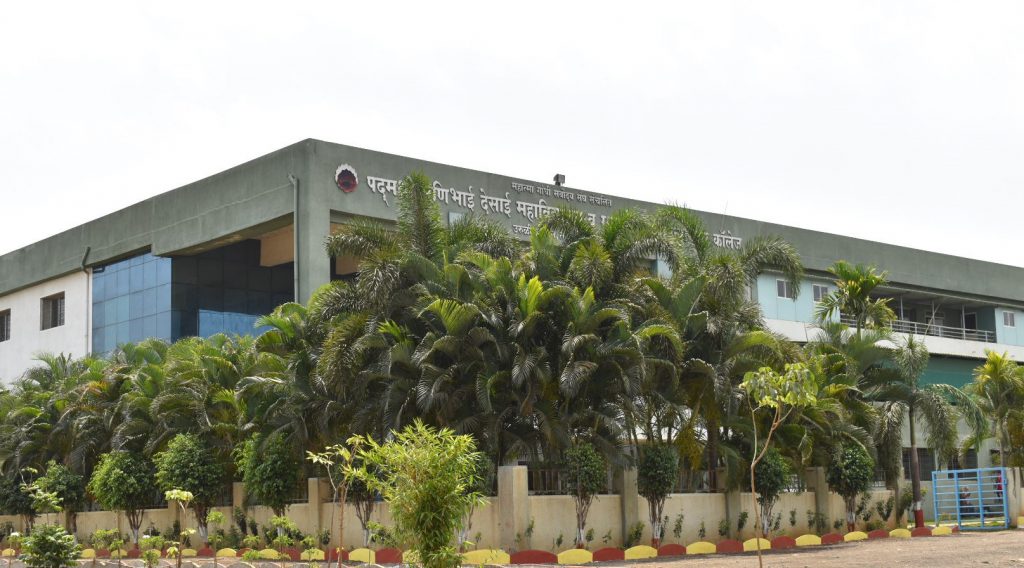Title of the Practice: Food Festival – Making Students Business Savvy through Food Festival
- Context
Business savvy means passion and swiftness in understanding and dealing with a ‘business situation’ with its risks and opportunities in a manner that is likely to lead to a good outcome. Examples of business acumen skills are
- Ability to focus.
- Ability of problem solving.
- Recognizing stakeholder needs.
- Understanding the business model.
- Learning the financials.
- Seek education.
- Listen to customers.
- Understanding of the consequences.
Festivals are the most effective way for people to exhibit their cultural expressions. Besides, festivals are of economic, social, cultural value to the communities in which they are hosted. As a result, they constitute an activity whose importance to the development of the host communities is immense.
One of the responsibilities of an educational institute is to develop ‘Business Savvy’ among its students. It is necessary to instill professional ethics into students. Marketing Managements skills are imperative in this era of globalization.
- Objectives of the Practice:
- To educate students on professional ethics by exposing them to business situations.
- To educate students on Marketing Managements skills by simulating a market place and requiring them to set up a small business.
- To educate students on culinary diversity and encourage conservation by popularizing traditional recipes made from lesser-known ingredients.
- To promote seasonal and local grown food. Making them aware about nutritional value and recipes.
- To encourage dialogue between students and innovators and thus encourage the spirit of innovation and creativity.
- The Practice:
Time of Ganesh Festival in Maharashtra (August-September) is a time of festivities and giving expression to joy. Every year during Ganesh Festival The College organizes a Food Festival called ‘Khadya Bhramanti’ in the college campus.
The college provides the space to set up food selling stalls and for the customers (students) to roam around and purchase food items from these stalls.
The students form groups among themselves and set up food stalls to sell the food items.
The students (sellers) arrange the necessary supplies and set up the stalls. The food is not cooked in the college campus but cooked by students at their homes.
Sales proceeds are collected by the sellers and any profits realized are also kept by them.
College assesses the stalls according to 1. Food Quality 2. Presentation Skills 3. Amounts realized. College awards the winners.
Rules/Guidelines for the stall holders
- Only approved food items will be allowed to be sold.
- For Sales Stalls we will provide the following:
Stall size would be 10 X 15 feet (Table Space)
- Each stall will have 2 tables, 2 chairs
- After the festival has begun, no extra facilities will be provided.
- In the event that we find any stall holder using any extra electric instruments apart from the ones which have been declared, college holds the right to close the stall.
- Stall banner must be written in Marathi & English with size of 6 X 4 feet, showing the name and rate of the dish. Only one banner is allowed to be put outside the stall.
- The stalls would be allotted based on the objectives of ‘Khadya Bhramanti’. The authority to do the same lies with Centre for Environment Education (CEE). Kindly get approval for products and prices, recipe, nutrition value etc.
- It is suggested to use limited oils and spices in the cooking process. Use of artificial preservatives or colors is strictly prohibited.
- Use or supply of plastic carry bags, thermocol glasses, or such material made from plastic or non biodegradable material is strictly prohibited in the traditional food festival campus.
- Keeping or selling water pouches is prohibited.
- A stall holder would not make any claim before the customers if he or she does not have proof or evidence to support it.
- No one will be allowed to distribute or sell any other material or literature or use the stall for any other purpose except for which the stall is allotted to you.
- Any change in conditions will be intimated.
- Stall holders will be given identity cards for 5 people.
- The stall holder should use dustbins for disposing off the left overs. Cleanliness should be maintained in front and behind the stalls. There will be one dustbin provided between two stalls. Cleanliness of the area is the stall holder’s responsibility.
- Gloves, aprons, caps are compulsory to be worn by the servers of every stall. Spoons and ladles are to be used to serve the customers, no one is to be served by bare hands.
- The stall holders will have to comply with all rules and guidelines strictly in letter and spirit.
- Any discussions about the event is welcome.
- Problems Encountered:
- Mind Set of the students had to be changed to orient them for the concept of commerce and business. Traditionally rural students have Farming and desk job on their priority list.
- Management of the heavy crowd was a problem, it was solved by arranging schedules so as limited number of students will enter the space allotted at any given time.
- Evidence of the Success:
- From 2011 until 2020, eight food festivals have been arranged. The response has been most enthusiastic.
- Every year on an average 15 stalls are set up.
- A lot of students have shown creative and innovative abilities.
- Resources Required
- Space: A big space is required to hold the festival.
- Manpower: to coordinate the activity.
